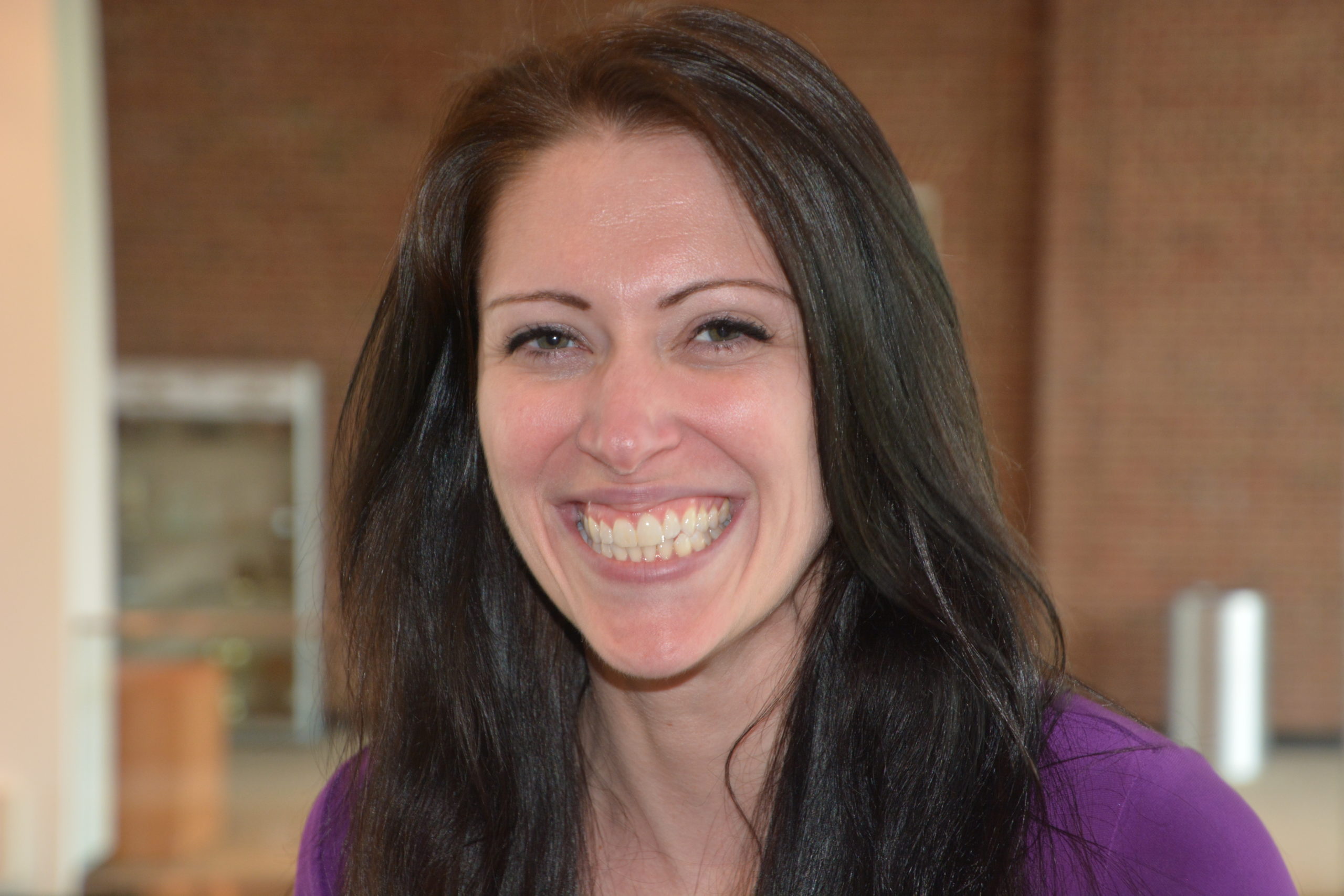Every time I go through the annoying tedium of changing sheets on my bed I have the same thought. I first think of my mother who would change sheets on seven beds every day of the week for maybe 20 years. Then I realize that she also cooked breakfast, lunch and dinner for the seven of us every day of the week for the same 20 years.
She is the one who did all the laundry, hung the clothes out to dry, swept the floors, did the shopping and made sure we all got to church on time every Sunday. Not bad for one woman. And by the way she did all this with a smile on her face. Easy peasy.
If you offered me a job like that, I would ask for upwards of $600,000 per year. Such is the plight of mothers. If you were to ask me how many times I said, “Gee, thanks mom,” the answer would be zero. I do recall carefully sniffing the pots and pans after she would wash them and then complain to her that they still smelled like dishwashing detergent. I think I must have had some kind of olfactory obsession. She would willingly rinse the pots and pans again without complaint.
And I don’t think that my mother was particularly unusual in her dutiful ways. Probably the majority of mothers were like this. And yet nary a “thank you” is ever heard. Maybe that’s the way of the world.
You may have seen the Oscar-winning documentary, “March of the Penguins,” where the mother and father penguins literally risk life and limb to protect their new baby. Impressive.
Just last week, I saw a mother and father duck guard their five new ducklings as they walked through our parking lot in Williston Park. A group of us gawked in wonder at this sight, but the moment any of us would approach this little family both the mother and father duck would hiss loudly at us as if to say, “Do not dare come any closer or I will attack you.”
There are very few examples of the mother’s role being glorified in literature. The best by far is Marcel Proust in “Remembrance of Lost Times” when he described the high point of every day during his childhood when his mother would tuck him into bed and kiss him goodnight.
D.H. Lawrence wrote “Sons and Lovers,” which was really a glorious homage to the power and strength of his mother. But that’s about it.
One of the key texts in the study of the gifted is “Cradles of Eminence” by Goertzel and Goertzel. They studied the childhoods of the 400 most eminent figures of the 20th century to see what they had in common. They reviewed the lives of figures like Alfred Adler, James Barrie, Paul Cezanne, Sigmund Freud, Franklin Roosevelt, Eddie Cantor, Winston Churchill, Aaron Copland, Salvador Dali and many more. Their strongest finding was that most of these people had very strong, even dominating mothers, and not particularly strong or successful fathers. The mothers in this group believed in education, realized the talent in their offspring and nourished it constantly.
In modern times, we have seen that many women now pursue careers and only a small percentage are full-time, stay-at-home moms. This, of course, places extreme demands on mothers and makes the Helen Gurley Brown remark that “you can have it all” seem questionable at best. And yet this is the way things are today.
One of my favorite people is Tiffany Belferder, the director of Fusion Academy and herself a mother of two. One reason I adore her so is that she looks exactly like my mother looked when she was young and beautiful. Tiff has an easy smile, a warmth, an openness and a sincerity that draws people to her.
I sat with her at the Long Island Private School Fair at Adelphi and chatted about mothers. I asked her to tell me her fondest memory of her own mother. She smiled and said, “I always recall the way she would stroke my hair and the way she brushed it for me.”
One of the key elements of mothering is the offering of affection and physical contact to the child. Harry Harlow’s classic studies of primates revealed that maternal contact enables babies to grow and become confident, social and brave. Without maternal affection the offspring remain anxious, reclusive and timid, and so Tiffany summarized in a brief story one of the secrets of motherhood.
After my meeting on the way home, I realized I was suffering with a toothache and scheduled an emergency appointment with Dr. Catherine Fascilla, who tends to my dental needs. I remarked to her that I was completing a piece on Mother’s Day and she quipped, “I always like to say, ‘Behind every great child there is a great mother.'”
Of course this is far truer than she realized. Fifty years of research by the Goertzels demonstrates that the unspoken force behind most success is the ineffable, mysterious, irresistible, all powerful love that a mother gives to her children.
So here is a heartfelt thank you to all the mothers that give of themselves day after day after day, with nary a thank you to be heard. Mothers are the driving force that keep a culture alive and well and successful. How strange it is that no one ever seems to mention that.



